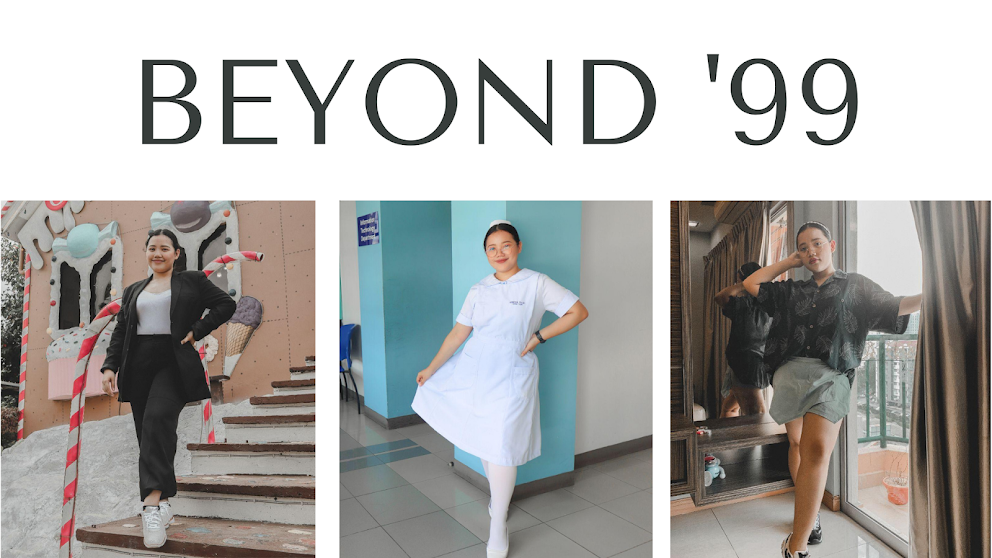Ms. Jin Jin is the guest speaker on this podcast and she talked about the burnout and wellness in the critical care clinicians during the COVID-19 pandemic. She focused on the occupational stress and burnout, its impact to the clinicians, and strategies to mitigate it. She stated that occupational stress is a psychological stress that is related to a job. Clinicians are experiencing occupational stress with the following reasons - they are currently a high demand workers due to the pandemic, they have an increase workload because many people are getting infected, there is a conflict on the division of work since there is a shortage number of clinicians, there is an insufficient resources available, they exert a lot of effort on their job but they are not paid enough, the set goals of the organization is not smart and impossible to do, and they are put under pressure to meet the expectation that was given to them. As a result of this occupational stress, clinicians are experiencing mental health problems such as depression, anxiety, and burnout that could affect their level of performance and productivity that may result in them wanting to leave their job and profession. Ms. Jin Jin mentioned that burnout is a state of emotional, physical, and mental exhaustion, depersonalization and reduced personal accomplishment caused by the excessive and prolonged workplace stress. Nurses suffer the most among the healthcare professionals because they are working directly with the COVID-19 patient, they have the fear of the unknown since there is only a limited information about COVID-19, and they have a difficulty in keeping up with the continuously changing policies. With that, nurses are having a feeling of burnout since their energy is depleting, they are already drained, and their mental state is already sluggish resulting in a reduced professional efficacy and a low patient quality care. Lastly, Ms. Jin Jin mentioned a socio-ecological framework that composes different layers that address the needs of the nurses. The individual is in the center wherein the nurse should do an emotional therapy to limit the emotional impact of the stress by doing some relaxation techniques such as exercise and meditation, stay connected with other people, and do some self-care activities that could bring joy to you. Surrounding the individual is organization or the workplace. The organization should be able to set-up a program such as storytelling wherein one nurse will tell a story and the other will listen because this will serve as a healing to them. Nurses will feel a human connection here because they will be able to find themselves to others especially if they feel the same and through this can support one another. Lastly, the outer layer is the society. The nurses should have a blame free and supportive culture, updated information, best practices available, cultivating community at work, and work life integration and flexibility.
Upon listening to the podcast, I understand that nurses' occupational stress can lead them to feel burnout. As the case continues to increase everyday, our nurses are more likely to be more exposed to their workplace because they have many clients to attend to. They do not have enough time to focus on their well being because they are more focused on taking care of their clients. They sometimes forget to prioritize their own health that is why some of them feel that working as a nurse feels so exhausting. In addition, the pandemic caused a decline in the number of staff and scarcity of resources and these added as an external stressors of the nurses. Once the internal and external stressors are combined together, the nurses will eventually feel more tired to the point that some of them do not want to work anymore and some just want to leave their profession. It is just so saddening to hear that our nurses are having mental exhaustion right now because they are one of the vital healthcare professionals during the COVID-19. They are the one who are needed the most because they directly provide care for the infected individuals. It is so ironic to think that they give care to other people but no one is taking care or helping them for their emotional needs.
I would apply my learnings that I got from this podcast in the current practice by making my emotional aspect stronger. As a student nurse, who is about to be a registered nurse, I need to prepare myself for this kind of challenge because it is inevitable since the COVID-19 situation is nowhere to end. I need to continuously attend seminars that will assist me to be mentally prepared and aware of the current pandemic. I have to start seeking support groups that will give me advice on what to do if I cannot handle my environment anymore. I have to find ways and strategies that will help me meditate my mind if ever I will think that quitting as a nurse is the only solution that will get me out of my misery. Lastly, I will now start to learn how to take care of myself so I would be able to properly take care of my future clients.



0 comments